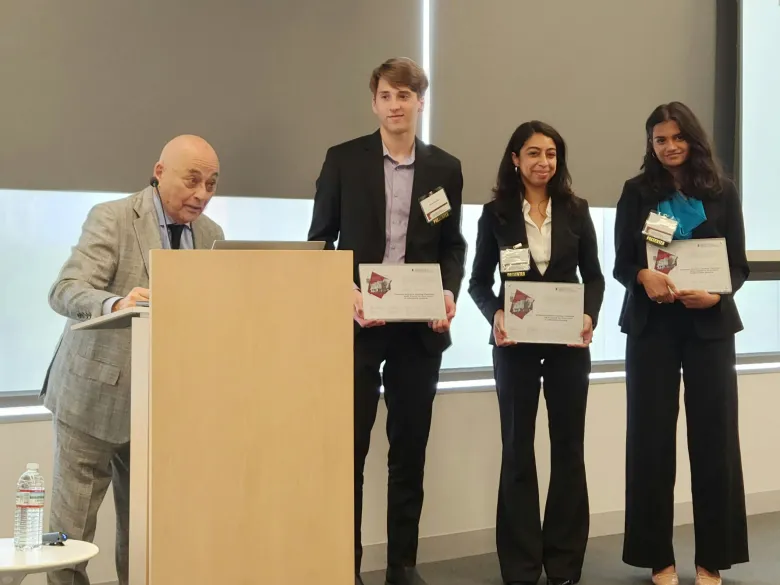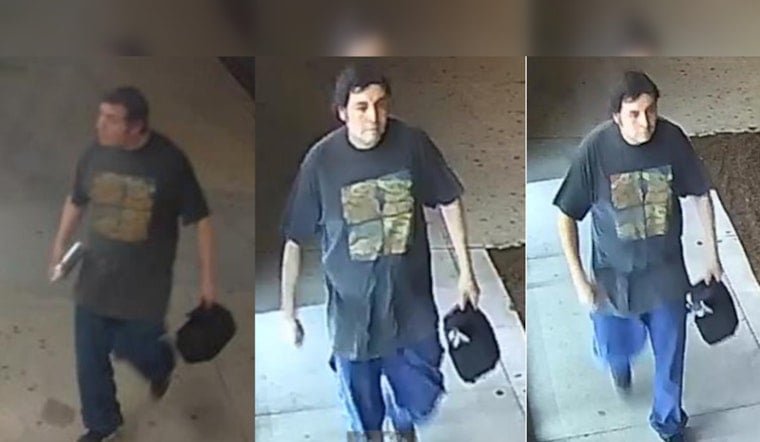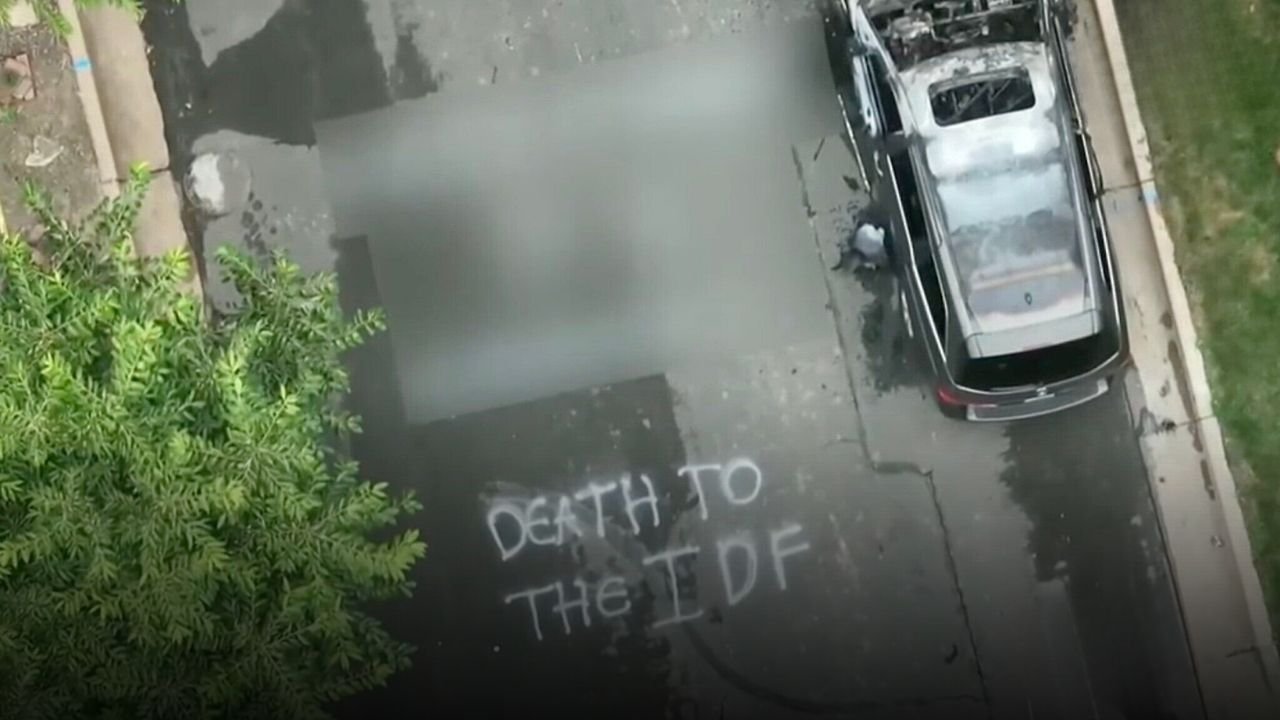CHICAGO — In a new pitch to tackle the city’s housing crisis, a group of University of Chicago undergraduates is proposing a vacancy tax on landlords who leave properties empty for extended periods — with the goal of generating millions to fund affordable housing across the city.
The plan, created for the Kreisman Housing Initiative’s Housing Challenge Symposium, won first place in the competition. It was developed by students Adam Jensen, Kelli Lynch, and Elayna Whiteman, who argued that taxing empty units could produce up to $30 million per year in revenue.
Inside the Student Proposal
The group’s proposal, titled “Reclaiming Space: Using Public Land and Vacancy Taxes to Build and Revitalize Chicago’s Neighborhoods,” suggests two potential versions of a vacancy tax:
- A flat fee of $500 per unit after 180 days of vacancy
- Or a tax equal to one month’s rent per year, ranging from $2,000 to $3,000
“This unit was left vacant, so we’re going to tax you an additional month’s rent — because this could have been somebody’s home for that month,” Whiteman told the Chicago Sun-Times.
The Affordable Housing Crisis in Numbers
According to a 2024 report from Housing Action Illinois and the National Low Income Housing Coalition, Chicago currently lacks over 126,000 affordable rental homes for extremely low-income families — meaning just 32 affordable units exist for every 100 families in need.

The students also propose converting vacant school buildings and underused public land into “anchor zones” for infill housing. These areas, they claim, could support between 2,000 and 7,000 new affordable units annually if backed by city programs and zoning changes.
This plan complements Mayor Brandon Johnson’s previously announced “Missing Middle” housing initiative, which aims to expand moderate-density housing near transit.
Will the City Act?
Implementation would require action from the Chicago Department of Planning and Development, and possibly City Council approval. But the student group believes their approach aligns with both city values and practical financial mechanisms.
“This isn’t the only solution,” said co-author Kelli Lynch, “but we want the city to think beyond the usual toolbox.”
The competition was judged by a panel of architects, housing advocates, and policy experts. Professor Emily Talen, director of UChicago’s Urbanism Lab, said the school will now host the Housing Challenge Symposium annually to keep generating grassroots-level solutions.
Do you think landlords should be taxed for leaving homes empty in a housing crisis? Could this idea actually help fund new development in your neighborhood? Let us know in the comments.
Stay with ChicagoSuburbanFamily.com for the latest on housing solutions, affordability trends, and smart urban policy.














